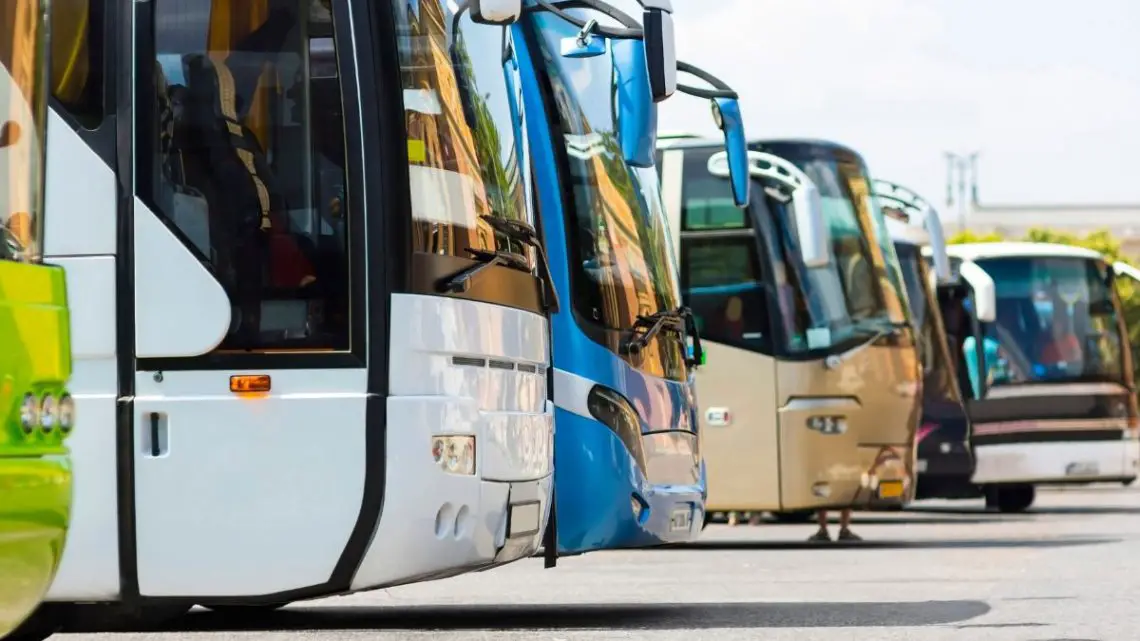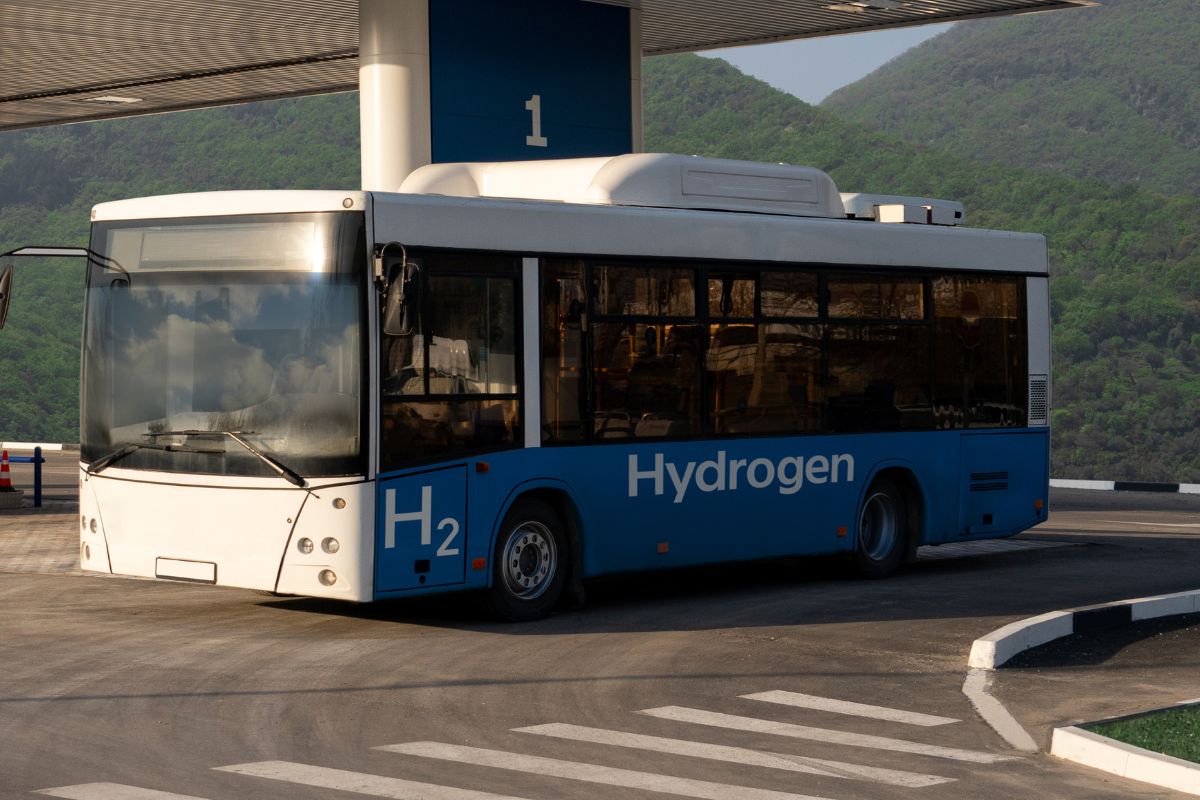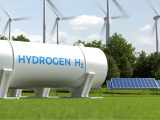
The Transition to Hydrogen Fuel Buses: How Do They Fare Against Diesel-Powered Engines?
August 24, 2023The latest figures show that, in 2020, there were 5,648 hydrogen fuel buses in operation globally, and that number looks set to increase significantly over the coming years.
However, seeing as around 93% of all hydrogen fuel buses are currently in China, the rest of the world has some catching up to do. Having said that, many other countries, on different continents, are starting to increase the number of hydrogen fuel buses they use.
Let’s take a closer look at the transition that is happening from diesel-powered engines to hydrogen fuel buses and examine how the two compare.
Understanding Hydrogen Fuel Buses
If you are not aware, hydrogen fuel buses are a type of public transportation that uses hydrogen as the primary source of power instead of fossil fuels. These buses operate by carrying tanks of compressed hydrogen that feed into a fuel cell. The fuel cell, in turn, generates electricity which powers the electric motor for bus operation.
What makes this technology incredibly appealing is that the only by-product of this combustion process is H2O – clean water.
Popularity and Benefits
Hydrogen fuel buses are becoming increasingly popular around the globe due to several key benefits they offer. Their major appeal lies in their environmentally friendly nature, of course.
Compared to traditional diesel-powered buses, they significantly reduce carbon emissions, thus helping towns and cities to meet their greenhouse gas reduction targets. Also, hydrogen fuel cell buses have an extended operational range compared to electric buses. So, they can go longer distances without needing a refill or recharge.
The Global Spread of Hydrogen Buses
In recent years, several cities worldwide are taking significant strides toward embracing hydrogen fuel technology for public transportation.
For example, in 2021, England’s first double-decker hydrogen bus fleet was launched in England. Along with the country’s 500 electric buses, the 20 hydrogen fuel buses will help London buses to reach zero emissions by 2030.
In 2018, Toyota launched a fleet of Sora hydrogen fuel buses in Tokyo. In the same year, Toyota announced it would supply its hydrogen-powered buses to the Portugal-based manufacturer Caetano so that the buses could be sold Europe-wide.
So, expect to see more hydrogen fuel buses appearing in cities across the European continent.
Outside of China (which has fleets of buses manufactured by Feichi and Zhongtong Bus Holding Co., Ltd.), other countries that are starting to embrace hydrogen fuel buses include South Korea, Poland, and the USA.
The latter’s buses include 64 hydrogen fuel buses that operate in California, Hawaii, and Ohio, and a fleet of 22 buses that run between Van Hool and New Flyer. Hydrogen Versus Diesel
Environmental Impact
When comparing hydrogen fuel buses to diesel-powered equivalents, the primary difference lies in their environmental impact. A diesel bus emits large volumes of greenhouse gasses, with the United States Environmental Protection Agency estimating that a single vehicle can produce up to 22 metric tons of CO2 per year.
Conversely, a hydrogen-powered bus releases only water vapor as a byproduct – making it an infinitely greener choice.
Performance and Range
In terms of range and performance, there is a visible difference as well. Normally, a diesel bus can travel about 200 miles between refuels, while hydrogen fuel cell buses have showcased ranges exceeding 300 miles.
The Cost Factor
When it comes to cost comparisons between the two types of vehicles, diesel still wins at present. Diesel buses typically cost around $500k-$600k, while high-tech hydrogen ones can be double or even triple this initial price point.
However, with increased demand and production, and wider adoption in the future, these prices could become much more equitable.
Job Roles
Diesel buses still dominate the urban landscape, so mechanics and other professionals in the industry do not yet have to worry about losing their jobs. There are still many high-paying diesel mechanic careers out there. But in the coming decades, job roles could change to meet the rise of the hydrogen fuel bus industry.
The Future
As we continue to seek cleaner energy solutions and aim for more sustainable urban realities, it is fair to predict that hydrogen fuel buses will become a common sight in cities across the world.
They represent a considerable step towards greener, cleaner public transport, and their adoption is likely to accelerate amidst growing concerns over environmental health and climate change.



 With over 15 years of reporting hydrogen news, we are your premier source for the latest updates and insights in hydrogen and renewable energy.
With over 15 years of reporting hydrogen news, we are your premier source for the latest updates and insights in hydrogen and renewable energy.